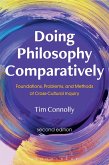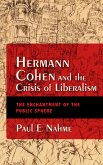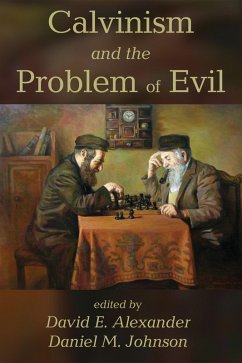An international community of Reformed churches emerged during the sixteenth century. Although attempts were made by Calvinists to reach agreement over key beliefs, and to establish uniformity in patterns of worship and church government, there were continuing divisions over some ideas and differences between local practices of moral discipline and religious life. However, Reformed intellectuals developed common ideas about rights of resistance against tyrants, communities prayed, fasted and donated money to aid brethren in distress, and many Calvinists across the Continent developed a strong sense of collective identity.
Beyond Calvin considers the Reformed churches of Europe in an international and comparative context from around 1540 to 1620. Graeme Murdock:
- Discusses how Calvinism operated as an international movement by looking at links between Reformed churches, communities and states
- Explains what Reformed churches across the Continent stood for
- Focuses on how Calvinists sought to purify the practice of Christian religion, and to renew European politics, society and culture
- Examines both the strengths and limits of the international Reformed community
Beyond Calvin considers the Reformed churches of Europe in an international and comparative context from around 1540 to 1620. Graeme Murdock:
- Discusses how Calvinism operated as an international movement by looking at links between Reformed churches, communities and states
- Explains what Reformed churches across the Continent stood for
- Focuses on how Calvinists sought to purify the practice of Christian religion, and to renew European politics, society and culture
- Examines both the strengths and limits of the international Reformed community









